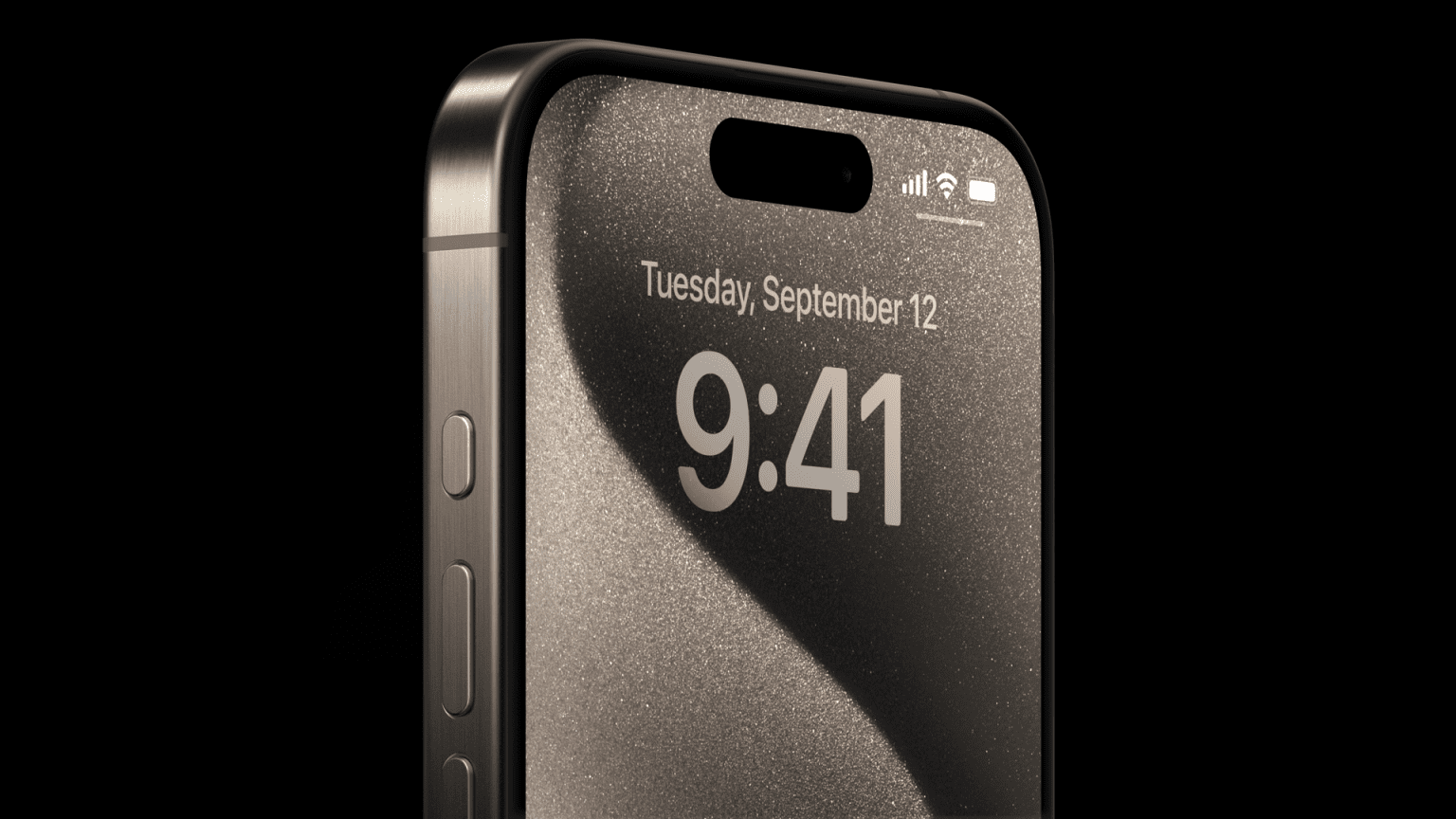Apple today acknowledged previous reports of some iPhone 15 Pro units unusually overheating when using the device in statements given to Forbes and CNET.
Apple says the bug primarily stems from iOS 17 and not necessarily the iPhone 15 Pro’s hardware. The company also blamed certain third-party apps, including Instagram, Asphalt 9, and Uber. Apple also declined to state when the software update fix is coming, but it did stress that it won’t affect the performance of the A17 Pro chip as predicted earlier.
Apple also told CNET that the iPhone 15 Pro’s titanium-aluminum housing is not responsible for the overheating, adding that it’s a better heat dissipator than the outgoing stainless steel chassis on older Pro iPhones.

Discover new horizons, always connected with eSIM
Travel the world stress and hassle-free with the best eSIM service available. Enjoy unlimited data, 5G speeds, and global coverage for affordable prices with Holafly. And, enjoy an exclusive 5% discount.
We have identified a few conditions which can cause iPhone to run warmer than expected. The device may feel warmer during the first few days after setting up or restoring the device because of increased background activity.
We have also found a bug in iOS 17 that is impacting some users and will be addressed in a software update. Another issue involves some recent updates to third-party apps that are causing them to overload the system. We’re working with these app developers on fixes that are in the process of rolling out.
Apple statement to Forbes and CNET
As per Apple’s statement, certain apps overload the A17 Pro chip, which has been blamed as the primary reason for the iPhone 15 Pro’s overheating worries. The company is consulting with developers to issue new updates to their apps that don’t stress the A17 Pro, noting that Instagram already released an update to its app on Wednesday, September 27, that seemingly fixes the bug.
Apple will likely fix the bug with iOS 17.1 – which the company issued its first beta last week – and is expected to be released to the public by late October. Apple could also opt to immediately fix the bug by releasing iOS 17.0.3 sometime next week.





